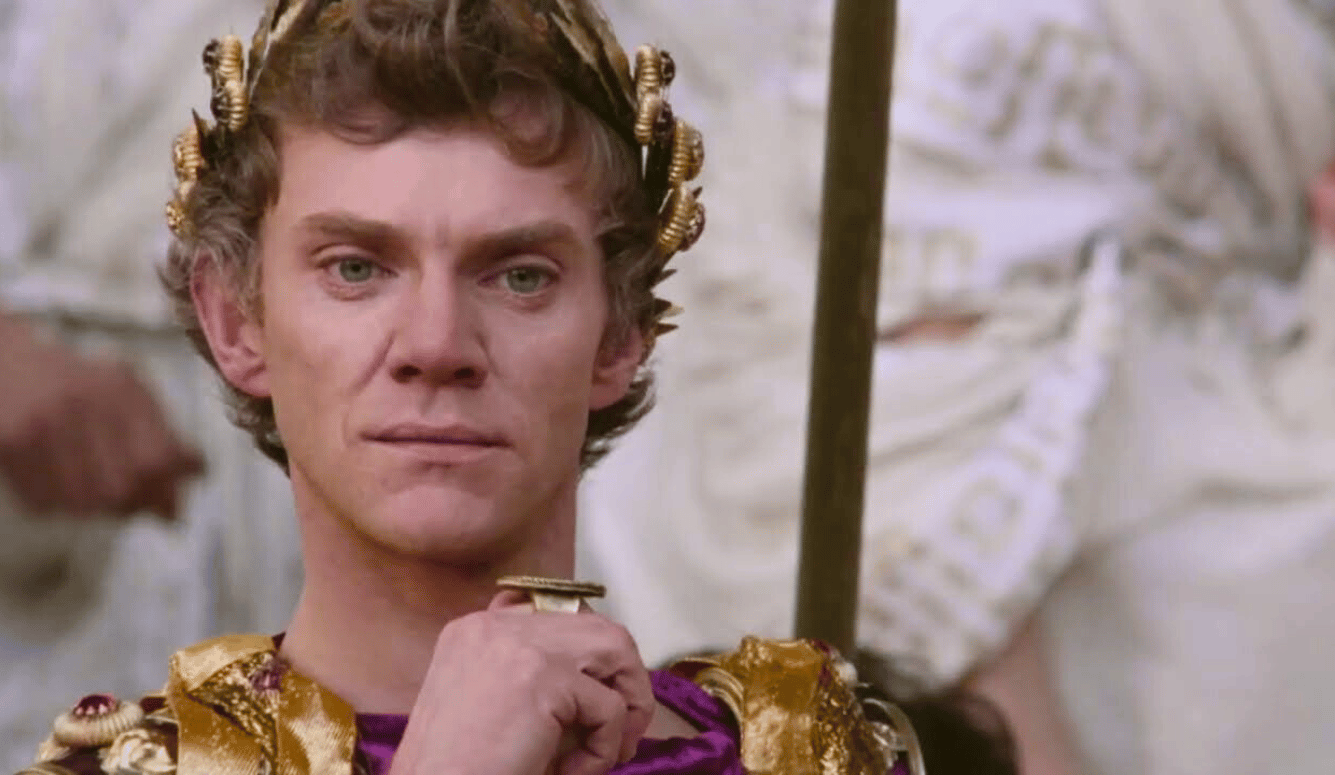Art and Culture
Savage Entertainment
A new version of Tinto Brass and Bob Guccione’s notorious 1979 film ‘Caligula’ provides a valuable record of one of the most fascinating disasters in cinema history.

For those who prefer to listen, rather than read, you can also find a full audio version of this article below the paywall.
I. “A Joke Movie”
When Gore Vidal died in 2012, he had been famous for six and a half decades. He was one of the best-known writers in America, although he was far better known for being a writer than for any specific thing he wrote. This might be due to the sheer volume and range of his output: plays, screenplays, TV scripts, historical novels, satires, literary essays, political jeremiads and memoirs, in addition to a vast personal correspondence. He rivals Groucho Marx as a source of quotable one-liners. “Never miss a chance to have sex or appear on television,” he once quipped—nobody is entirely sure when or where he first said it, but that quote seems to originate in a television interview sometime in the 1970s. This is by no means his funniest line, but it captures his personality better than most of his others.
Vidal could be savage, even when attacking his own projects, not least the film Caligula, which was based on the life of an insane Roman emperor. Caligula was first screened in 1979, and went into wide release in 1980. It was originally meant to be titled Gore Vidal’s Caligula, but after the director rewrote the script and barred its author from the set, Vidal sued to have his name taken off the project entirely. He then began trashing Caligula in interviews, calling it “easily one of the worst films ever made,” and telling Time magazine that, “It is not just another bad movie. It’s a joke movie.” These were by no means his rudest comments about it.
Curiously, Caligula wasn’t the worst film that Vidal was involved with; that was probably Myra Breckinridge, a 1970 adaptation of one of Vidal’s more notorious novels. Like Caligula, polite society found it shockingly obscene, and it also features at least one instance of male rape. There was no pornography in Myra Breckinridge, but the hardcore footage that ended up in Caligula wasn’t Vidal’s idea, nor even the responsibility of the film’s director Tinto Brass—it was shot and inserted by the film’s producer, Penthouse mogul Bob Guccione. It is difficult to say exactly who was in control of the production. The producers, the director, and the writer all had different ideas about what the story was, how it should develop, and what the results ought to look like on the screen.





